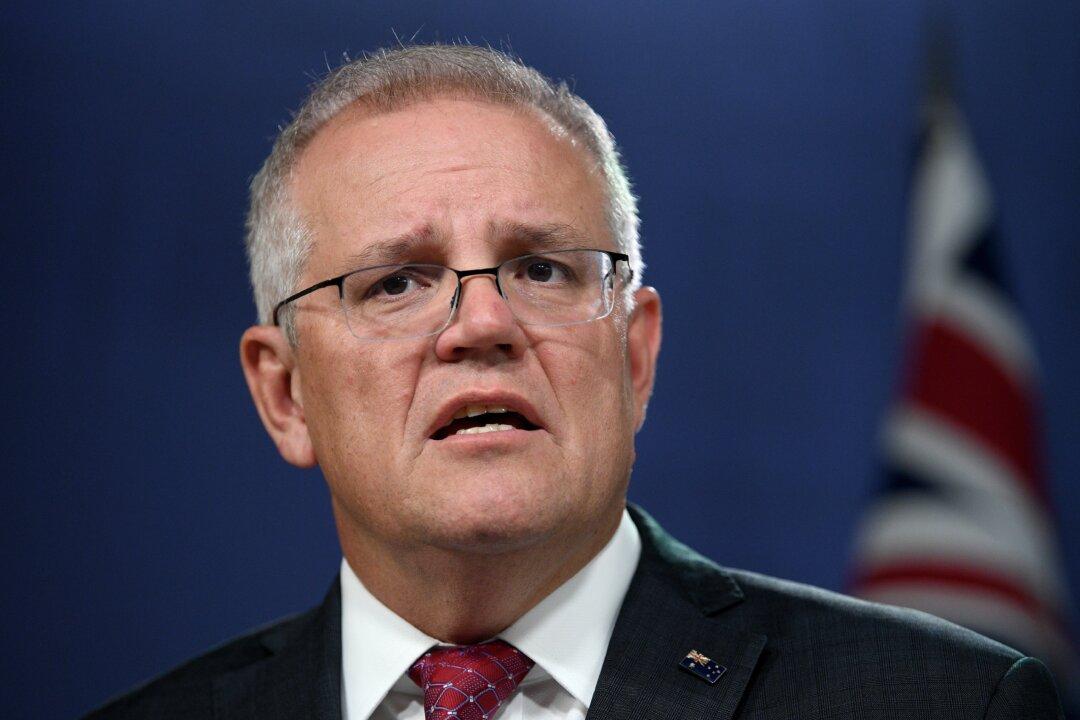Australian Prime Minister Scott Morrison has not ruled out reviewing the controversial 99-year lease of the Port of Darwin to a Chinese-backed entity.
“If there is advice from the Defence Department or our security agencies that change their view about the national security implications of any piece of critical infrastructure,” Morrison told reporters. “We have legislation now which is dealing with critical infrastructure.”





